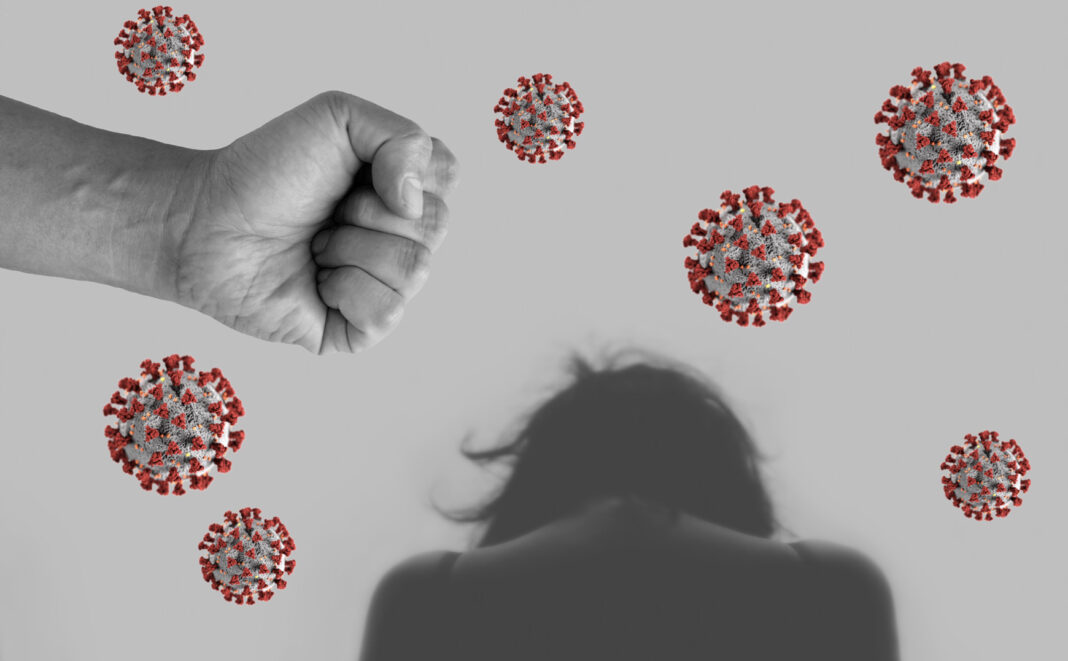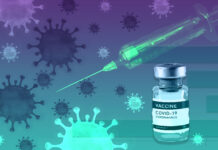The current COVID-19 pandemic has been associated with poor sleep, concerns over the quality of life, and increased psychiatric distress. Growing evidence sheds light on an upsurge in intimate partner violence since the COVID-19 outbreak. Home confinement has resulted in continual contact between the victims and offenders, causing greater violence and lesser reports—this warrants support programs and prevention measures. The World Health Organization has advised addressing the rise in reports on alcohol-related domestic violence instances.
A groundbreaking study led by Dominic Parrott and his team at Georgia State University establishes an association between increased intimate partner violence and heavy drinking with the COVID-19 pandemic. It intended to determine the mechanism by which heavy drinking moderated the relation between home violence and COVID-19 stressors, such as poor sleep, depression, anxiety, COVID-19 diagnosis and/or hospitalization, unemployment, missed life events, and inadequate childcare.
The researchers hypothesized that participants were likely to report greater levels of domestic violence cases and heavy drinking following COVID-19 onset in their community, compared with rates before the onset. They also expected a substantial two-way interaction between heavy drinking (a disinhibitor) and COVID-19 stress (an instigator). The stress would display the strongest positive correlation with domestic violence perpetration among those who disapproved of it as a form of heavy drinking.
The study enrolled 510 participants from the Qualtrics Research Services in April 2020, concomitant with the height of shelter-in-place restrictions across the US. Of these participants, 59.4% had been assigned female gender at birth. The inclusion criteria were as follows: aged over eighteen years of age, being in a romantic relationship for over six months, and having consumed an alcoholic beverage at least once in the past month. They responded to a questionnaire that comprised measures of physical and psychological abuse, the aforementioned COVID-19 stressors, and heavy drinking. The results of this study were recently published in Psychology of Violence.
In their article, Dominic Parrott and his team reported that psychological and physical domestic violence perpetration rates increased significantly following the implementation of shelter-in-place restrictions intended to alleviate the spread of COVID-19. Moreover, COVID-19 stress displayed a positive correlation with psychological violence execution. However, this stress was positively associated with physical violence perpetration only among non-heavy drinkers and not heavy drinkers.
Their findings highlight the importance of not overlooking individuals at a low risk, i.e., non-heavy drinkers, considering the large study sample comprising different sexual identities. Moreover, the study identified COVID-19 stress as an essential factor of domestic violence in the community. This research is important because it is the first quantitative study to determine the link between heavy drinking, COVID-19 stress, and relationship conflict. Also, it sheds light on the benefits of existing public health regulations and individual-level strategies that address heavy drinking, binge drinking, stress, and their experiences.
Results from this discovery necessitate modifying existing public health policies on pandemic-mediated sufferings to address COVID-19 stressors. Government bodies should focus on disseminating proper childcare services, increasing employment opportunities, and providing support to individuals who wish to rejoin work post-pandemic. Implementing regulations to reduce the risk of exposure to COVID-19 may help lower pandemic-related stress.
References
- Parrott, D. J., Halmos, M. B., Stappenbeck, C. A., Moino, K. (2021). Intimate partner aggression during the COVID-19 pandemic: Associations with stress and heavy drinking. Psychology of Violence. DOI: https://doi.org/10.1037/vio0000395
- Liu, C. H., Stevens, C., Conrad, R. C., Hahm, H. C. (2020). Evidence for elevated psychiatric distress, poor sleep, and quality of life concerns during the COVID-19 pandemic among US young adults with suspected and reported psychiatric diagnoses. Psychiatry Research 292: 113345. DOI: 10.1016/j.psychres.2020.113345
- Davis, M., Gilbar, O., Padilla-Medina, D. (2020). Intimate partner violence victimization and perpetration among US adults during COVID-19: a brief report. MedRxiv. DOI: https://doi.org/10.1101/2020.06.08.20125914
- Kourti, A., Stavridou, A., Panagouli, E., Psaltopoulou, T., Spiliopoulou, C., Tsolia, M., Sergentanis, T. N., Tsitsika, A. (2021). Domestic violence during the CoViD-19 pandemic: a systematic review. Trauma, Violence, & Abuse. DOI: 10.1177/15248380211038690
- Wilson, I. M., Graham, K., Taft, A. (2017). Living the cycle of drinking and violence: A qualitative study of women’s experience of alcohol‐related intimate partner violence. Drug and Alcohol Review 36(1):115-24. DOI: 10.1111/dar.12405
- World Health Organization.(2010). Preventing intimate partner and sexual violence against women: taking action and generating evidence. Geneva: World Health Organization.





